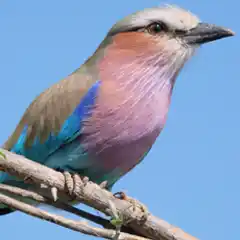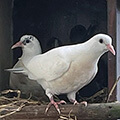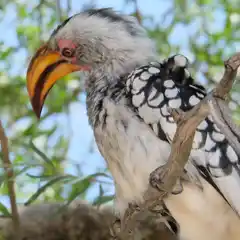







Eimeria tenella is a ubiquitous, intracellular apicomplexan parasite whose infection of its specific host, the chicken, causes a haemorrhagic variant of the enteric disease coccidiosis. Immediate effects include blood loss and diminished feeding, leading to a prolonged impact on nutrition, meat/egg production and susceptibility to other opportunistic infective agents. Given the resultant financial burden on the global poultry industry, estimated at ~£10.4 billion annually, there is an increasing pressure to discover effective vaccine-based interventions. Recombinant vaccines have emerged as the treatment avenue of choice, as they avoid exacerbating the continual global rise in resistance to historically dependable anticoccidial drugs and provide a more cost effective and targeted alternative to traditional live vaccine development. Currently, mono- and multi-valent vaccine candidates representing early targeting, adhesion and entry mechanisms between host and parasite have shown promise, in terms of reducing intestinal lesion scores, although the precise mechanisms require further investigation.
To further understanding of host-parasite interactions (HPIs) in general, and more specifically in the context of existing vaccine interventions or development of new putative targets, we developed a bioinformatically-derived model of the conjoined host-parasite protein interactome and analysed the finalised HPIs for functional enrichments to elucidate potential mechanisms of action.
Return to the Grants Awarded page.